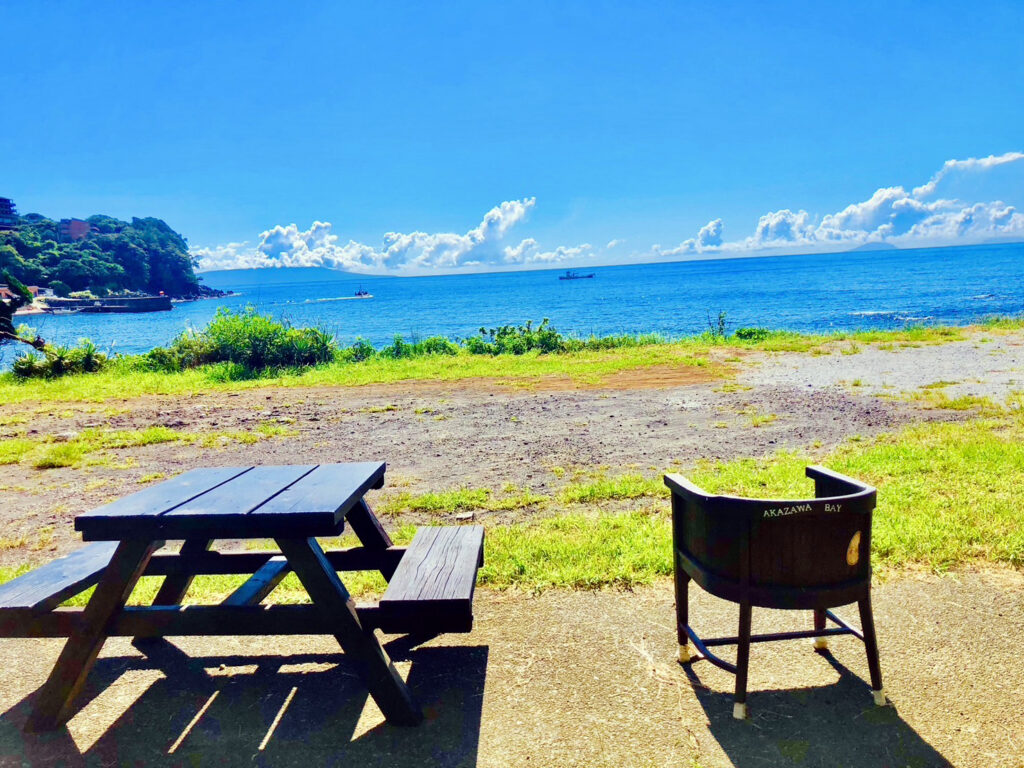
The mornings and evenings have become slightly cooler, but during the day, the temperature still feels like it’s in the height of summer. The once-bustling beach is now deserted, and you can faintly hear the sound of fishing boats far off in the distance. Occasionally, a red dragonfly flies by, subtly reminding you that autumn is approaching. It’s a strange seasonal feeling—too early to call it late summer, but not quite early autumn either. In haiku, it’s customary to include seasonal words to signify the season, but even the seasonal almanacs are of little help. For instance, “late summer” is a seasonal term that, according to the almanac, refers to the period from Shōsho (around July 7) to Risshū (around August 7), but this time frame is still the peak of summer, making it an awkward term to begin with. Especially with this year’s weather, it leaves one wondering, “When exactly is late summer?” Next week, on the 19th, marks the start of the autumn equinox period. Ideally, we’d call it early autumn, but that too feels off given the current weather. Recently, the climate has shifted dramatically. I’m concerned about the environmental changes brought about by these climate fluctuations.
朝晩は微かに涼しくなりましたが,昼間はまだ真っ盛りの様な気温です。賑わった海辺には人影はなく、遙か沖合を行く漁船のエンジン音が微かに聞こえてきます。時折飛んで来る赤トンボが秋の訪れをふと気づかせます。晩夏とも言い難く、初秋とも言い難い何とも奇妙な季節感です。俳句では原則、季語を入れることで季題を表しますが、歳時記もまるで役に立ちません。例えば「晩夏」、歳時記によると、小暑(7月7日頃)から立秋(8月7日頃)の時期を表す季語ですが、この時期はまさに夏の真っ盛り、元々無理がある季語です。ましてや、今年の様な気候では「晩夏」っていつなんだということになります。来週の19日は秋の彼岸の入り。初秋と言いたいところですが、これもそぐわない気候です。この様に最近は気候がガラッと変わりました。気候の変動がもたらす地球環境の変化が心配です。
